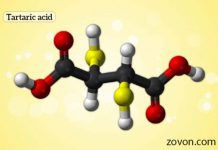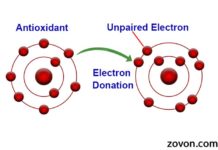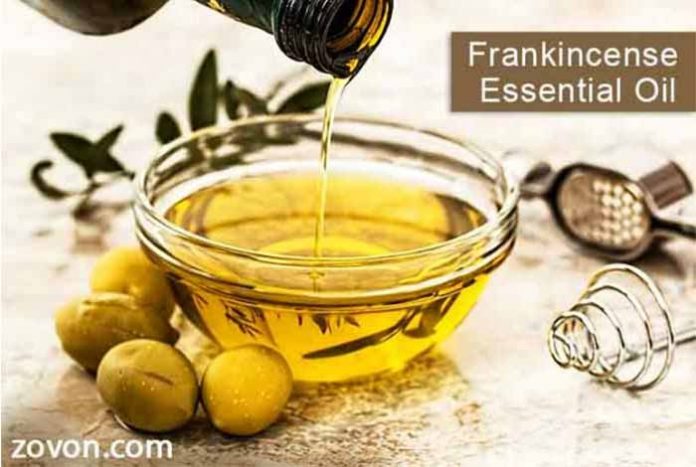
Often regarded as the “king of oil,” Frankincense essential oil is an aromatic oil known to be used in incense burners and cosmetics for ages. It bears medicinal value and evidence confirm its usage in ancient civilizations as well. Frankincense oil or Olibanum oil is extracted from the resin or gum obtained from Olibanum trees that belong to Burseraceae family. Boswellia sacra, B. carterii, B. frereana, B. serrata and B. papyrifera are major species from which this oil is extracted.
Frankincense oil is used in three ways, viz., by inhaling it, directly applying it on the skin or orally. This oil is used in extremely small quantities as it could be toxic in larger quantities. Extensively used in aromatherapy, this oil has several health benefits. It acts as a pain reducing agent, a stress and anxiety relaxant and an immunity booster. Besides, Frankincense oil holds religious significance as well, especially in Christianity.
Origin and Extraction of Frankincense Oil
The word “Frankincense” has originated from the French word “Franc encens,” which in English means “quality incense.” It is believed that the extraction and utilization of Frankincense oil initially began somewhere in the Middle East.
The process of its extraction is quite simple, but time-consuming. After peeling off the bark of Olibanum trees, cuts are made in their trunk. A milky juice-like substance seeps out of these cuts and slowly accumulates in several weeks. Upon coming in contact with air, this thick liquid hardens to form a soft gum-like resin. Oil is then extracted from this resin through the process of steam distillation.
Properties
Frankincense Essential Oil has a spicy and woody smell, which is somewhat similar to the aroma of camphor. It is light greenish yellow in appearance.
Chemical Composition
The chemical components of Frankincense oil are actanol, octyl acetate, linalool, a-pinene, incensole, incensyl acetate and bornyl acetate. The formula of the main (56%) “acid resin” component of this oil is C20H32O4.
General Uses and Benefits of Frankincense Oil:
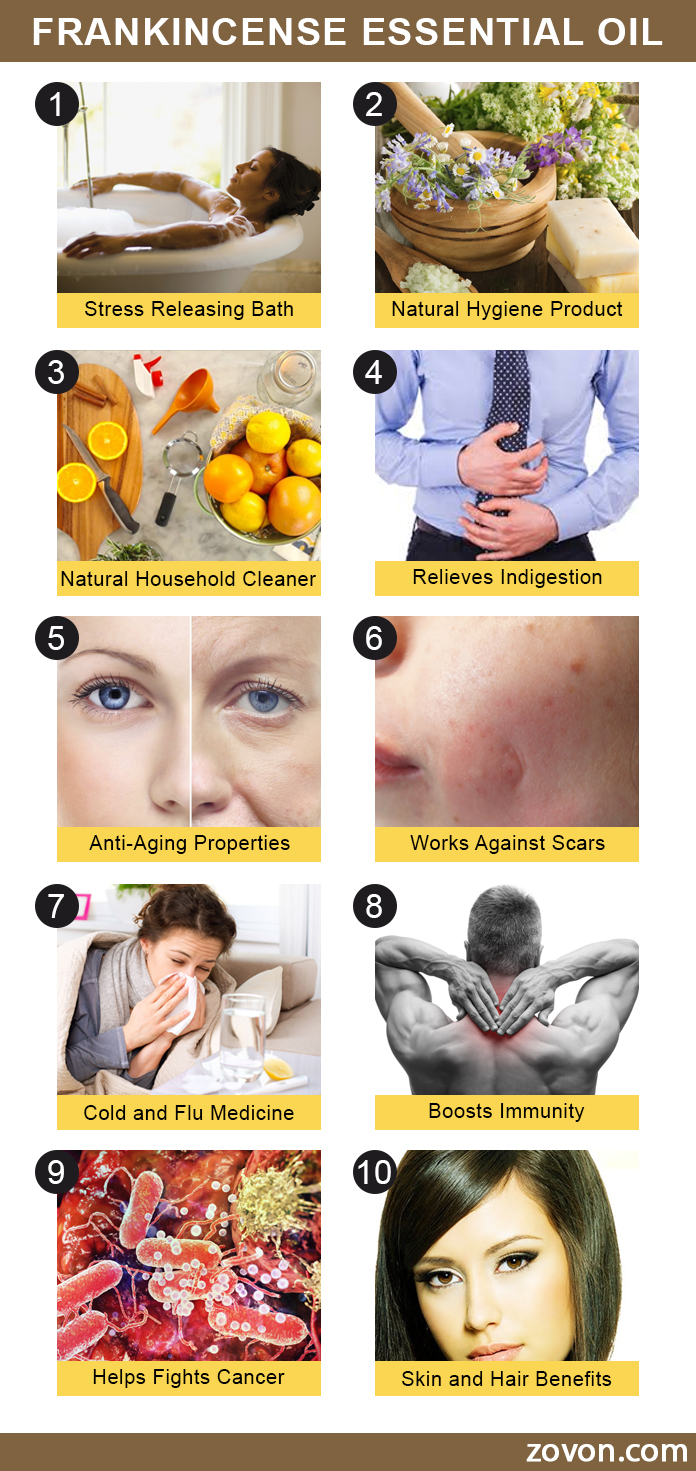
a) Stress Releasing Bath: Frankincense oil works as a stress reliever. Some drops of this oil in hot water provide mental peace, relaxation and satisfaction. It can also be added to any vaporizer and oil diffuser to alleviate anxiety and fill our homes with pleasing aroma for the whole day. Some people believe that frankincense oil increases spiritual connection.

b) Natural Hygiene Product: It has antiseptic properties. It greatly helps in oral hygiene. It prevents tooth decay, bad breath, and fights against cavities and oral infections. One can also make toothpaste at home by adding frankincense oil to baking soda as baking soda is a bleaching agent, which helps in tooth whitening.
c) Natural Household Cleaner: Frankincense oil is an antiseptic, which helps in killing bacteria and germs present in homes. Earlier, the plant itself was burnt to disinfect home. It can also be used in oil diffusers in homes to reduce indoor pollution.
d) Relieves Indigestion: In conditions like gas, irritable bowel syndrome, constipation and PMS cramps, this oil helps in relieving gastrointestinal discomforts and improves digestion.

e) Anti-Aging Properties: It is a powerful astringent, which prevents skin cells and helps in reducing acne blemishes. Also, it reduces the appearance of pores, prevents wrinkles and tightens the skin. Frankincense oil can be applied directly on to the skin, where it becomes dry and saggy.
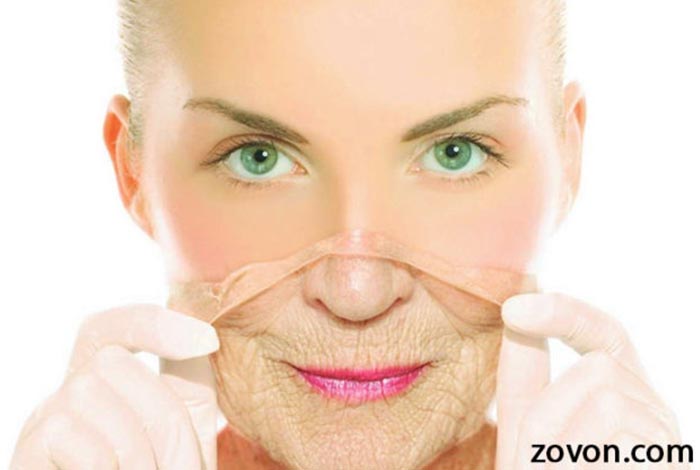
f) Works Against Scars, Wounds and Stretch Marks: Frankincense oil can be applied to scars, wounds, and acne and stretch marks. The oil can be applied to eczema and broken skin as well.
g) Cold and Flu Medicine: Frankincense oil can be used for cold and flu. It helps in the removal of phlegm from lungs. This oil works as an anti-inflammatory agent in the nasal passages and makes breathing easier.

h) Boosts Immunity and Reduces Pain: Frankincense oil is known to boost immunity. In addition to acute illnesses like bacterial and viral infections, it has healing effects in conditions like arthritis, ulcerative colitis and bronchial asthma. It improves metabolism and reduces inflammatory pain.
i) Helps Fights Cancer: Frankincense oil has shown positive results in fighting cancer according to some research. AKBA, a chemical compound, found in this oil is known to kill cancer forming cells.
j) Urine Stimulation: Frankincense oil helps the body to expel out extra water, fat, uric acid and other toxic substances through urination.
k) Skin and Hair Benefits of Frankincense Oil: Frankincense oil works wonder on the outermost layer of our body, i.e., skin. It is also beneficial for hair.
- Acts as a conditioner, and makes skin soft and smooth
- Helps reduce scars
- Reduces wrinkles and fine lines
- Gives strength to the nails
- Heals wounds and scars without leaving scars
- Cures blisters and any kind of lumps
- Reduces swelling due to insect bites
- Cures dandruff
- Makes hair healthy and shiny
- Stops hair fall
Note: It is a general recommendation to use cosmetics and beauty products that contain Frankincense Oil.
Side Effects of Frankincense Oil:
There are no significant side effects of this oil until it is not taken in large quantities, which can be toxic. Still, there are several reactions observed in some people that are given below:
- Skin Rashes
- Nausea
- Stomach pain
- Digestion problem
- Thinning of blood
FAQs: What people normally want to know about Frankincense Essential Oil?
1. Up to what level frankincense oil fights cancer?
Though frankincense oil does not fight cancer completely, it helps in reducing the pain of chemotherapy. It has a chemical compound called, AKBA, which kills cancer forming cells.
2. How do I use frankincense oil?
You can use it topically (apply directly to the skin), internally (and aromatically means diffusing the oil in the air.
3. Can I use frankincense oil on children?
Yes, you can use this oil on children but in a lesser quantity and only after consulting a pediatrician or dermatologist, as it is known to cause several side effects like skin rashes, skin irritation and blemishes.
4. Is frankincense oil safe in pregnancy?
Yes, it is safe to use frankincense oil during pregnancy, but just for the external application, and not for intake. But, if you find any adverse effect after using it, immediately contact a doctor. However, it can be used to reduce stretch marks after delivery.




